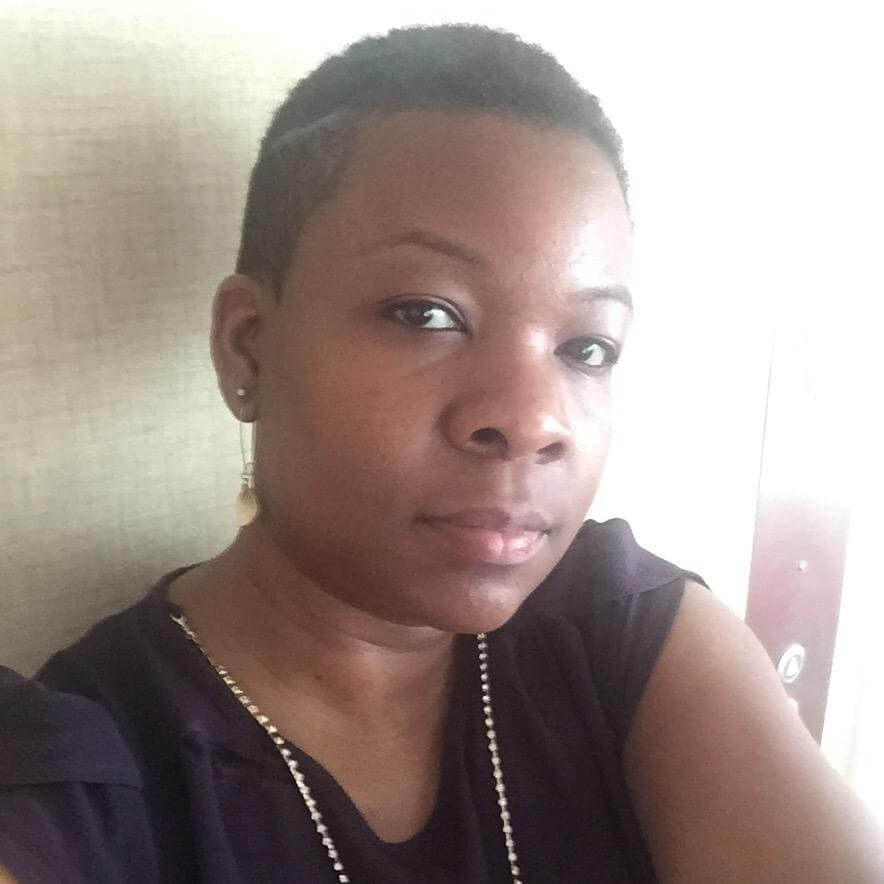 A little back ground about me: My name is Paule Myriam Alphonse-Cham. I went through the Masters of Histotechnology program at Drexel University. The program I can say prepared me well for my career and my exam. I graduated from the histotech program in 2011. I started working right away without my certification, which was a bad and good idea. I worked for about 6 years in the field. The bad was the fact that I waited so long, however, I felt like I wanted more experience with special stain and laboratory experience. Reading the book is one thing, knowing and learning as a seasoned tech is another. I was fortunate to be trained and pick the brains, of some of the greatest Histotechs. Ms Majorie, Ms Beth, Ms Valerie, and Ms Lynn from Pennsylvania Hospital. Karen, and Deb from Einstein Medical center. Anna, and Mike from Janssen R&D. They were a great at helping me prepare for the exam.
A little back ground about me: My name is Paule Myriam Alphonse-Cham. I went through the Masters of Histotechnology program at Drexel University. The program I can say prepared me well for my career and my exam. I graduated from the histotech program in 2011. I started working right away without my certification, which was a bad and good idea. I worked for about 6 years in the field. The bad was the fact that I waited so long, however, I felt like I wanted more experience with special stain and laboratory experience. Reading the book is one thing, knowing and learning as a seasoned tech is another. I was fortunate to be trained and pick the brains, of some of the greatest Histotechs. Ms Majorie, Ms Beth, Ms Valerie, and Ms Lynn from Pennsylvania Hospital. Karen, and Deb from Einstein Medical center. Anna, and Mike from Janssen R&D. They were a great at helping me prepare for the exam.
"Don't just study to pass, study to understand."
When I was ready to take the exam:
1. I signed up, that is very important. It will motivate you to start studying.
2. I created a study group. I dedicated one hour every Friday to met up with a few people that were studying for the exam. We focused on a chapter per week and discussed the different topics.
3. I decided to read the entire book alone every night a chapter.
4. The special stain worksheet was very very very important. It allowed me to really break down all different staining’s.
5. I went online to look at the break down of the exam. I paid more attention on higher percentage portion of the exam (special staining especially silver staining). But I studied everything.
6. After doing most of the book studying, I spent the rest of the weeks (3 weeks) before the exam, doing practice questions. Lots of practice questions from the books to online. 200 questions per day.
7. Make sure you are very comfortable/familiar doing all special stains that is the key. Know your stains and why they are important and their purpose.
8. Know your laboratory processor routine schedules and why.
9. Learn different troubleshooting techniques, seasoned techs are good for that.* Very important.
10. Ask your manager to cross train you to get a better understanding of how the laboratory operates all together. From specimen receiving, grossing, processing, embedding, staining, cytology(if able), immuno. (if needed).
The books I used to study:
-
Histotechnology, A Self Instructional Text, 4th Edition
-
Histotechnology: A Self-Assessment Workbook, 3rd Edition
-
LabCE exam stimulator * I highly recommend hands down the best.
The night before, I did a quick review, looked at some pictures from the Self-Assessment Workbook, I drank a cup of tea, said my prayers, asked God to give me remembrance and understanding. I woke up that morning, had a hardy breakfast, said a prayer, off I went.
I wish I would have taken the exam right away instead of waiting, however, I felt like my experience and the people I met played a major part of my Histotechnology career. I would not change it.